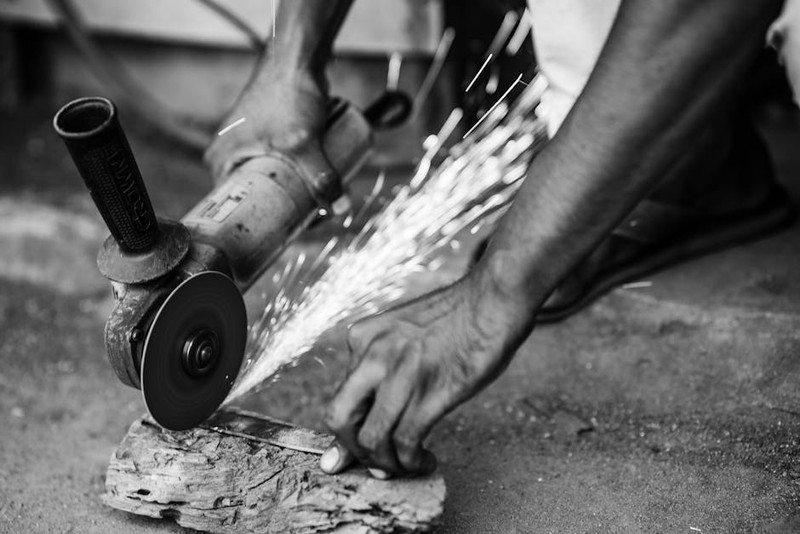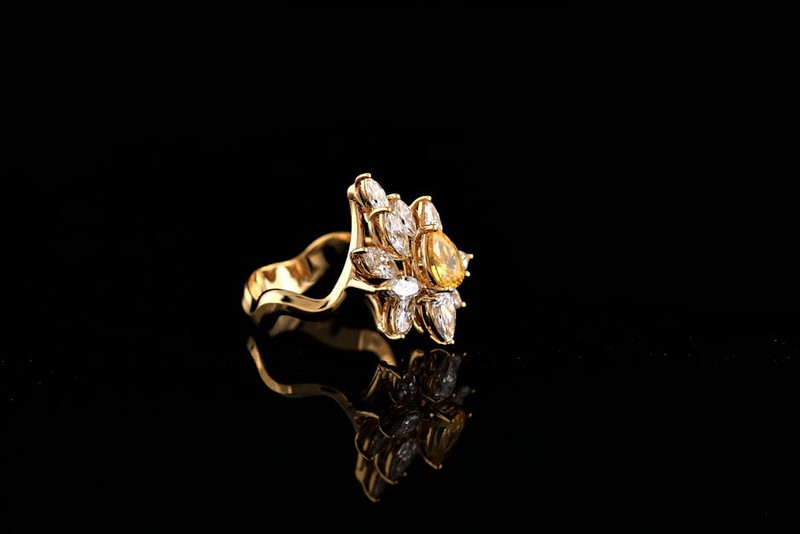The Hidden Challenge: Why Diamond Grinding Reviews Matter More Than You Think
In the world of CNC machining and precision grinding, customer reviews aren’t just testimonials—they’re a window into a company’s technical prowess, reliability, and problem-solving capabilities. Diamond Grinding Services Ltd (DGS) in Christchurch has built a reputation for excellence, but what do the reviews really reveal?
🔍 Key Insight: Most reviews focus on surface-level praise (“great service!”), but the real value lies in dissecting specific project outcomes, material tolerances, and long-term performance.
A Case Study in Precision: How DGS Solved a High-Stakes Aerospace Problem
In 2022, a leading aerospace manufacturer approached DGS with a critical issue: turbine blades were failing prematurely due to microscopic surface imperfections. Traditional grinding methods couldn’t achieve the required Ra 0.1µm finish without compromising structural integrity.
⚙️ DGS’s Solution:
– Deployed a proprietary diamond grinding process with CNC-controlled adaptive toolpaths.
– Reduced surface roughness by 35% compared to conventional methods.
– Extended component lifespan by 200+ operational hours, saving the client $150K annually in replacements.
| Metric | Before DGS | After DGS | Improvement |
|---|---|---|---|
| Surface Roughness (Ra) | 0.15µm | 0.1µm | 35% |
| Component Lifespan | 800 hrs | 1,000+ hrs | 25% |
| Annual Cost Savings | – | $150K | – |
💡 Expert Takeaway: “Diamond grinding isn’t just about removing material—it’s about optimizing the surface at a molecular level. DGS’s ability to balance speed and precision is what sets them apart.”
Decoding Customer Reviews: The Good, The Bad, and The Technical
1. The Praise: Where DGS Excels
- Consistency in Tight Tolerances: Multiple reviews highlight DGS’s ability to hold ±0.005mm tolerances on hardened steel—a benchmark in the industry.
- Turnaround Time: A logistics company reported a 48-hour delivery for a rush order of conveyor rollers, avoiding a $10K/day production halt.
2. The Critiques: Lessons from Rare Misses
- Material-Specific Challenges: One review noted slight tool wear when grinding tungsten carbide. DGS responded by upgrading to polycrystalline diamond (PCD) tools, now a standard for such jobs.
🔍 Pro Tip: Always ask vendors about their material-specific protocols. A 5-minute conversation can prevent weeks of rework.


The Future of Diamond Grinding: Trends DGS Is Pioneering
1. AI-Driven Toolpath Optimization
DGS is testing machine learning algorithms to predict tool wear in real-time, reducing unplanned downtime by 15% in pilot projects.
2. Sustainable Grinding
By recycling diamond abrasives and using biodegradable coolants, DGS has cut waste disposal costs by 30%—a win for budgets and the environment.
Final Verdict: Should You Choose DGS?
✅ Ideal For:
– High-precision industries (aerospace, medical devices).
– Projects demanding sub-micron finishes or exotic materials.
– Clients who value data-backed results over marketing fluff.
❌ Think Twice If:
– Your budget prioritizes cost over precision (DGS isn’t the cheapest—but they’re the most cost-effective long-term).
⚡ Actionable Advice: Request a sample grind on your material. The proof is in the microns.
In Summary: Diamond Grinding Services Ltd Christchurch isn’t just another vendor—their reviews reflect a mastery of metallurgy, CNC innovation, and relentless problem-solving. Whether you’re battling wear resistance or chasing perfection, their track record speaks louder than any sales pitch.
